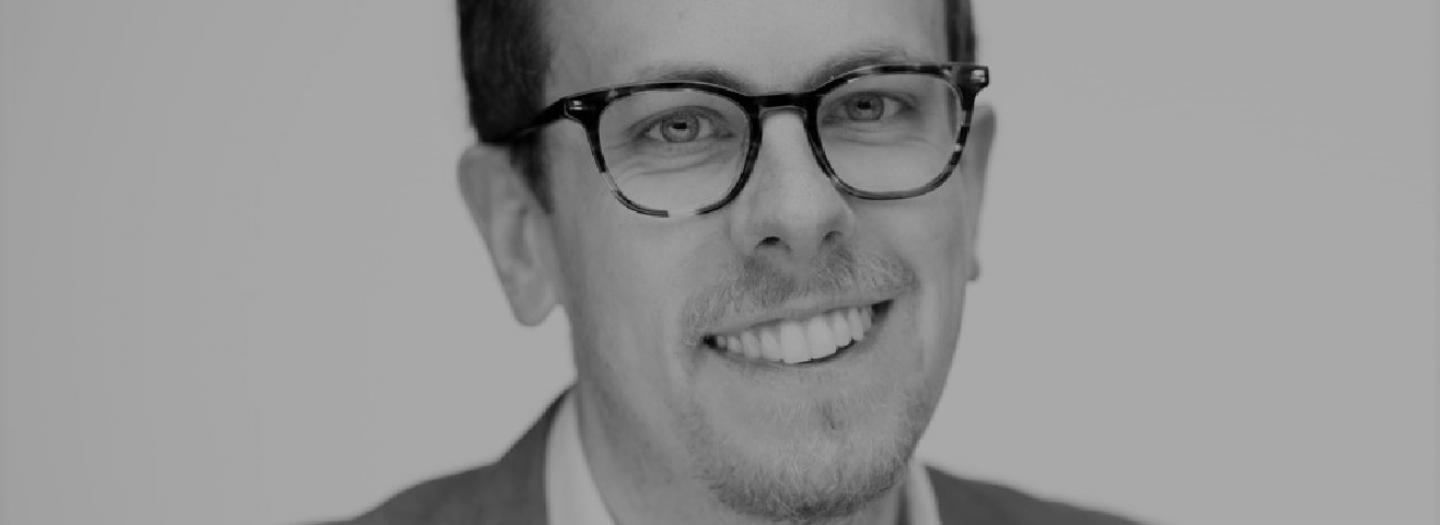Daniel Jones, PhD ’09 : US Head of Neurology and Immunology Medical Affairs at EMD Serono
Daniel Jones, PhD ’09, is a biotechnology professional with eight years of experience working in medical affairs. In his current role as US Head of Neurology and Immunology Medical Affairs at EMD Serono, he leads a small team of medical directors who support the company’s multiple sclerosis portfolio. Dr. Jones completed his PhD in neuroscience at UCSF followed by a brief postdoctoral fellowship at Duke University Medical Center. He resides in the Boston area with his wife and four children.
